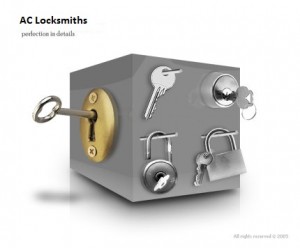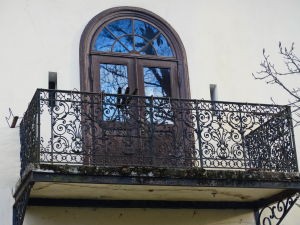Lock changes for landlords
If you own a holiday let property, you should be well aware of the new fire regulations that suddenly hit last summer. I know many of you have been spending all your profits to ensure your properties are up to scratch for the coming season.
But what about long term lets?
The fire risk assessment to be carried out by holiday let owners states; ‘any property you pay to stay in. ‘If that doesn’t already mean long term lets, then it certainly will if the government of the day decides that the measures taking place with holiday lets are a success. After all, the more they make you spend, the more they get in tax.
If you own properties that you let out to tenants, then it might be an idea to get ahead of the curve. Lock changes for landlords; locks are changed all the time through abuse, lost keys, evicted tenants etc. What better time than now to make sure that the new locks going in are keyless escape versions. In the event of a fire, your tenants can get out quickly without having to find keys in a panic situation?
AC Locksmiths Norfolk can change your locks for you. Replacements are kite marked products. All insurances will be valid.
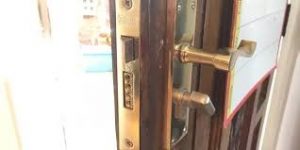
But while thumb turn (escape) locks are great for getting out easily, they can be a reduction in your security. There are tools that can go in through letterboxes and rotate the inner thumb turns, it is important to consider options to cancel this short fall. Letter catching cages are a great remedy to this, or mounting a post box outside your house, while disabling any door positioned letter plates is even better.
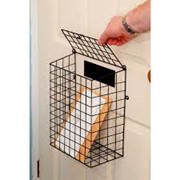
Changes are coming. I have spoken to several holiday let owners who have changed locks recently, only to have to change them again in light of the new legislation. It’s worth thinking about being ready for the inevitable.
Any questions regarding the above, please do not hesitate to contact me through any of my contact methods. https://www.ac-locksmiths-norfolk.co.uk/contact-us-here/
Thanks for reading.
Landlord lock law change:
I have just been reading through the Home Office Document: ‘A guide to making your small paying-guest-accommodation safe from fire.’ A guide to compliance with fire safety law for those responsible for safety in small paying-guest-accommodation’
You can find the document here
Note this says fire safety law and therefore is the legal requirement of all landlords, certainly for those with holiday lets. I would argue long term tenants are also paying guests as they have no right to remain when a landlord decides they want their property back for any reason.
Speaking to a letting agency recently, I have also discovered that it will be expected of all landlords to read the document and comply with all points mentioned. You won’t always get a risk assessor to check things for you. You, as the landlord are entirely responsible should a fire break out. It is quite heavy reading and most of it is obvious, but it is my job to point out relevant issues to my own line of work.
In section 6, there is this statement:
‘Exit doors, such as the front or back door, should always be easy to unlock and must not need a key to unlock them from the inside. A simple latch or thumb turn is usually good enough. However, you may need to consider whether all guests are able to open these doors. A simple single action turn handle or lever will often be more appropriate.’
This means you must have a lock with a thumb turn on the inside. Something like this:
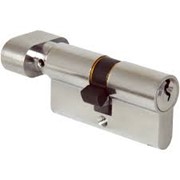
On all upvc type doors, this is simply a matter of changing the cylinder. On doors with mortice (often called ‘Chubb’ type) locks, you will need to change the lock, handles and purchase a cylinder. And while thumb turns are great for fire escapes, they do pose a security risk as it is possible with certain tools to go in through the letterbox and rotate the thumb turn to gain access. Therefore any locks with thumb turns on a door with a letter plate, should also purchase a letter plate guard to alleviate this problem.
The point is repeated on the checklist included in the document: ‘Are frequent checks carried out to ensure exit routes are kept clear and fire exits remain easily openable?’
That is your prompt to make sure no one can lock a door, remove the key and then be unable to get out while panicking in a fire.
October the 1st is the current date for this to become law over advice.
If you have your work done through AC Locksmiths Norfolk, you can expect to pay £55 for a kite marked thumb turn euro cylinder. These can be brass/gold, chrome, polished chrome, dual finish, black or white. An average of £50 to replace your mortice lock with a mortice euro lock case. Handles start at £25 but average at £45. More ornate handles such as wrought iron up to £200. In all cases, a labour fee of £75 is payable. (All prices correct at time of writing, but please get binding quote at measuring stage). In almost all instances, a measuring visit will be required. This is free to all properties within a half hour drive of Holt, Norfolk.
Should you have any questions regarding the above information, please do not hesitate to contact me; 07846643176
Thanks for reading.




